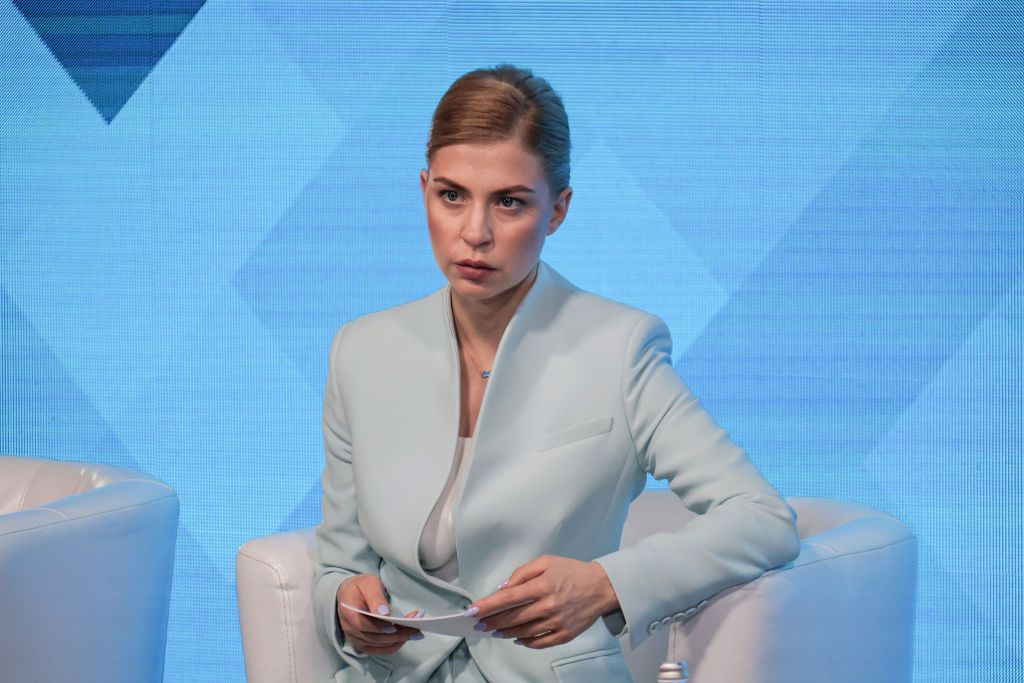The Deputy Prime Minister of Ukraine, Olha Stefanishyna, is pushing for a complete ban on imports of Russian grain into the European Union. The European Commission has proposed steep tariffs on Russian and Belarusian grain, oilseeds, and derived products to protect the EU market and reduce Moscow’s profits amidst its war against Ukraine. Stefanishyna believes that a decision on a complete import ban may be made in the fall, with Kyiv expecting Hungary, a country that has previously opposed sanctions against Russia, to approve it. Despite the EU’s emphasis on responding promptly to the situation, Stefanishyna is hopeful that a complete ban may still be on the table in the future.
The war effort of Russia in Ukraine may not be as formidable as it appears, as its resilience could be affected by factors such as high oil export revenues. Russia has been able to replace lost troops and equipment due to these revenues, but deeper analysis suggests that it might not be as sustainable as it seems on the surface. With record-high European imports of grains, oilseeds, and derivatives from Russia in 2023, there is a growing push within the EU to impose sanctions on Russian agricultural imports. This move could significantly impact Russia’s economy and further isolate the country on the international stage.
The European Commission’s proposal for tariffs on Russian and Belarusian agricultural imports will now be considered by the EU Council and will enter into force immediately upon adoption. While several EU members have been advocating for stricter measures, such as a complete import ban, the decision-making process within the EU requires more extensive discussions. Stefanishyna is optimistic that Ukraine’s efforts to promote a complete ban will continue and that Hungary, which has been a hindrance in the past, may play a positive role in supporting the ban. Agreements between Ukraine and Hungary, as well as ongoing dialogue between the leaders of both countries, indicate potential progress in this direction.
The implementation of a complete ban on Russian grain imports into the EU could have significant implications for both Russia and the EU. With Russia being a major exporter of grains and oilseeds, such a ban would disrupt its agricultural sector and further strain its already fragile economy. On the other hand, the EU’s reliance on Russian imports for a small percentage of its total consumption suggests that the impact on EU consumers may be limited. However, the broader geopolitical implications of imposing sanctions on Russia, especially in the context of the ongoing conflict in Ukraine, cannot be overlooked. The decision-making process within the EU will continue to be influenced by various factors, including economic considerations and political dynamics.
Overall, the push for a complete ban on Russian grain imports into the EU reflects the ongoing efforts to hold Russia accountable for its actions in Ukraine and to weaken its war machine. Despite initial resistance and the need for further discussions within the EU, there is a growing momentum towards stricter measures against Russia. Ukraine’s role in advocating for these measures, as well as the potential support from countries like Hungary, highlights the collective effort to address the challenges posed by Russian aggression. The outcome of these discussions and decisions will not only impact the agricultural trade between Russia and the EU but also shape the broader geopolitical landscape of the region. It is crucial for independent journalism and informed public support to continue driving this dialogue and action against Russian aggression.


